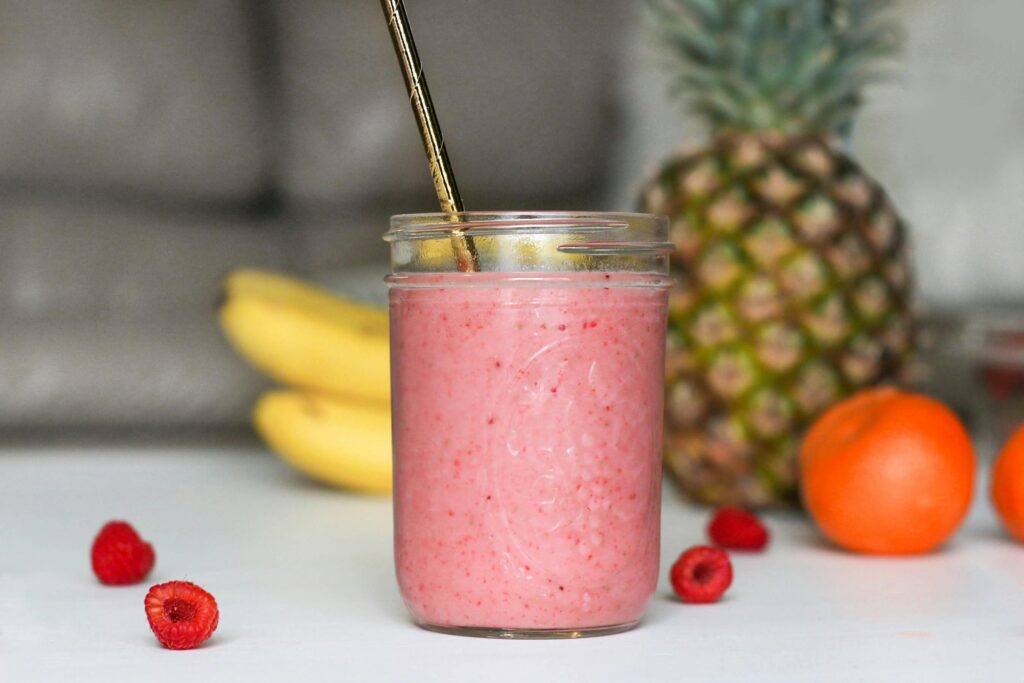
Introduction
Welcome to our blended diet page. With the growing popularity of blenderised diet and with so much information out there we thought it useful to try and bring evidenced-based information and resources into the same space – we hope you enjoy.
Getting Started
For most people, starting their journey with blended diet can feel a little overwhelming but it needn’t be with the right support. People often turn to blended diet due to tolerance issues such as reflux, constipation and diarrhoea which aside from being unwanted symptoms can lead to poorer growth and health outcomes with some people finding they just can’t tolerate the volume of commercial feed or formula their bodies need. Studies have shown that feeding blenderised food can alleviate some of these symptoms and improve nutritional intake and quality of life.
Within the last few years there is what I like to think of as a #blended diet movement whereby blenderised food is considered a feeding choice alongside that of commercial feed or formula rather than a ‘last resort’. Food as choice is something we are really passionate about supporting and the quote “Be defined by who you are, not how you eat” seems really powerful. #feedingchoice
Some of the commonly asked questions when starting out include:
- Is blended diet for me?
- What equipment do I need?
- What is the best way to start?
- Should I still use commercial feed or formula?
- What benefits are there?
- What practical advice is there for using blends outside of the home?
- Do I need to discuss this with my healthcare team before I start?
- How much water do I need to give on top?
- Food safety questions…e.g. do I need to reheat my blend?
Our Guide to getting started on blended diet is designed to answer all your FAQs as well and give you the best start with incorporating blended diet into your routine.
Resources
There are many resources available to support giving a blenderised tube feed safely and effectively, some are produced by professional bodies or local dietitians and some are parent-led. The most widely used resource by dietitians is the BDA toolkit which also gives some useful information on food safety and food hygiene.
https://www.bda.uk.com/static/33331d33-21d4-47a5-bbb79142980766a7/FINAL-Practice-Toolkit-The-Use-of-Blended-Diet-with-Enteral-Feeding-Tubes-NOV-2021.pdf
Another useful read is the ‘BLENDS’ study which helped form the basis of the BDA toolkit, this has some practical advice too. https://oxfordpaediatricdietitians.com/wp-content/uploads/2025/05/BLENDS-study.pdf
Blogs
OPD have written some useful blogs on various aspects of blended diet from the importance of variety to what to do in hospital settings – why not check these out https://oxfordpaediatricdietitians.com/opd-blogs/
Food Pouches
Food pouches can be a commonly used modality in blenderised tube feeding providing a practical and hassle-free way of providing food that is the right consistency to feed through a feeding tube. Being longlife they avoid any food safety issues and allow an easy feeding option especially when out and about. Baby food pouches have been demonised by the press recently highlighting the poor nutritional quality these provide however these lab tests were done on baby pouches. It is important to note that other pouches exist that are designed for tube feeding which will have more nutritional integrity than a baby pouch.
If you wish to use ambient food pouches for the majority of your tubie’s nutrition you may wish to reach out to the Manufacturer regarding the nutritional integrity of their products. It is likely they will have rigorous lab testing looking at the content of vitamins and minerals and how long these last for within the pouch.
We have written a blog on the use of food pouches in blended diet https://oxfordpaediatricdietitians.com/variety-in-a-blended-diet-for-children-is-there-a-place-for-food-pouches/
We recommend using Food Untethered https://fooduntethered.com/collections/4-foundation-meals-and-one-mixed-box for food pouches as a product that offer a range of calories and nutrient diversity within their pouches. They have a range of plant-based meals ranging from 1.2kcal/ml to 1,7kcal/ml with more products in the pipeline.
Getting More Support
Accessing support for blended diet can be challenging in the current climate however local NHS teams should be the first port of call when considering starting a blended diet. Many Community departments have policies or guides they are willing to share so it is well worth asking. Depending on the resources available and the experience of the dietetic team will determine the amount of support available.
If you are struggling to access what you need and in a timely manner then we are very happy to help and offer the following services:
- Discovery call – please contact us to discuss your needs
- Blended diet – inital consultation
- Blended diet package (includes a new and follow up plus email support)
- Nutritional analysis – dietary adequacy will be evaluated with a full report and recommendations

- Please see here for services https://oxfordpaediatricdietitians.com/program/
